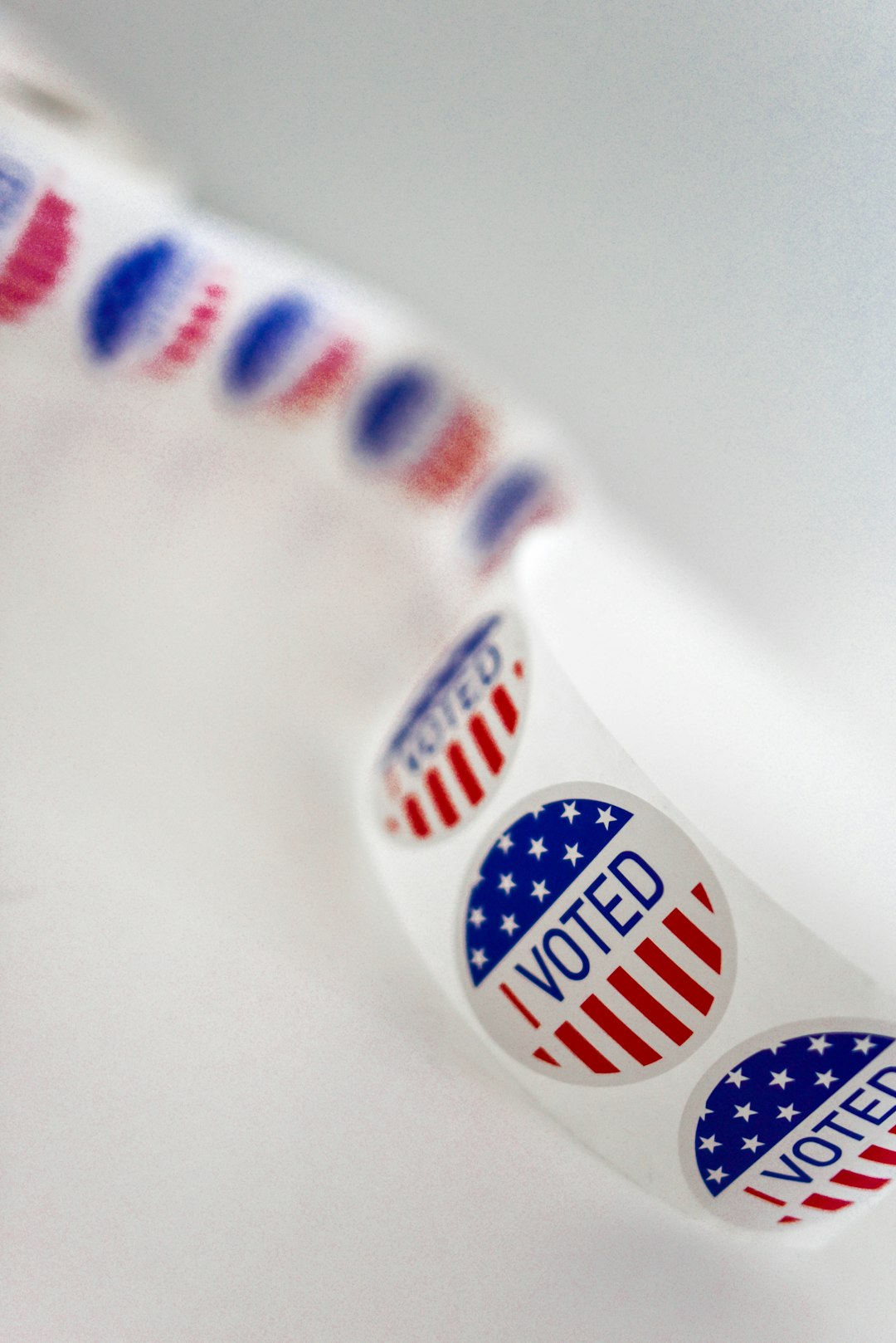
America’s Sovereignty Betrayed: Why Global Governance Threatens Our Freedom
In a world where the ink on treaties runs thicker than the blood of patriots, the very essence of what it means to be American is under siege. One might think that the grandeur of democracy, with its hallowed halls and spirited debates, would shield us from the encroaching hands of global governance. However, as we bear witness to the slow but steady erosion of our sovereignty, it becomes increasingly clear that our freedom is on the chopping block, all in the name of “global cooperation.”
The Globalization Mirage
Let’s take a moment to unpack this glittering facade of global governance. Proponents argue that these international bodies—be it the United Nations, World Health Organization, or any other acronym-laden alliance—are essential for addressing global challenges. Climate change, health crises, and trade disputes are indeed serious issues. But here’s the kicker: when did these challenges become sufficient justification for surrendering our national sovereignty?
It’s a classic case of “the ends justify the means.” Sure, we all want a cleaner planet and a healthier populace, but at what cost? What good is a clean air policy if it comes with a side of government overreach? When the decisions about our lives are made by faceless bureaucrats in far-off lands, we are left with little recourse and even less representation.
The Dangers of Ceding Power
The most immediate threat of global governance lies in its ability to dictate terms that may run counter to American interests. Consider trade agreements that prioritize foreign nations over domestic producers. The Trans-Pacific Partnership was sold as a way to bolster trade, but it would have effectively allowed foreign entities to challenge our laws in international courts. Yes, the same courts that seem to operate under a different set of rules than our own judiciary.
Furthermore, there’s a growing trend of international bodies attempting to impose regulations on our rights—yes, including the Second Amendment. Take, for instance, the United Nations’ Global Arms Trade Treaty. The notion that a foreign entity could dictate how we manage our own rights is not just ludicrous; it’s an affront to our Constitution. Our laws should be determined by the American people, not by some committee that can’t even agree on the definition of “gun.”
The Illusion of Cooperation
Let’s not kid ourselves; the idea of global governance is often romanticized. The notion that we can all just sit around a table, hold hands, and sing “Kumbaya” while solving the world’s problems is downright naive. The reality is more akin to a tug-of-war contest, where every country pulls in its own direction, often at the expense of others.
Moreover, this misguided pursuit of global consensus often leads to the dilution of our values. For instance, the push for global climate initiatives has seen an alarming trend of prioritizing the economic growth of developing nations over the welfare of American workers. Should we be punishing our own industries to prop up foreign competitors?
Counterarguments and Refutation
Of course, the proponents of global governance will trot out the usual arguments. “We need to work together to face transnational threats!” they proclaim. Yes, because nothing says “freedom” like having a group of unelected officials dictate our response to terrorism, pandemics, and climate change.
Let’s also address the argument that we are all part of a “global community.” How quaint! But if that global community is willing to throw our rights under the bus for the sake of collective action, then count me out.
The reality is that we can address global issues while still maintaining our sovereignty. We are not obligated to hand over the reins of our nation to international organizations that prioritize their own agendas over ours.
A Call to Action
The time is now to push back against this tide of global governance. We must advocate for policies that prioritize American sovereignty and push back against treaties that threaten our autonomy. It is imperative that we rally behind leaders who understand that American freedom is not a bargaining chip to be traded for the illusion of global unity.
We must remind ourselves that our Constitution was designed to protect us from the overreach of government—be it foreign or domestic. As we navigate these treacherous waters, let’s take heed of the lessons of history. The more power we cede to international bodies, the more we jeopardize the very freedoms our forefathers fought to secure.
Conclusion
In the end, the question is not whether we can work with other nations to solve problems; the question is at what cost to our sovereignty and freedom. The allure of global governance must not blind us to the dangers of sacrificing our rights at the altar of international cooperation.
Let’s stand firm, uphold our values, and ensure that America remains a beacon of freedom, not a puppet in a global puppet show. The choice is ours—surrender our sovereignty or defend our freedom. Choose wisely.
Tags: opinion, editorial, current events, global governance, American sovereignty, freedom, international relations, democracy


